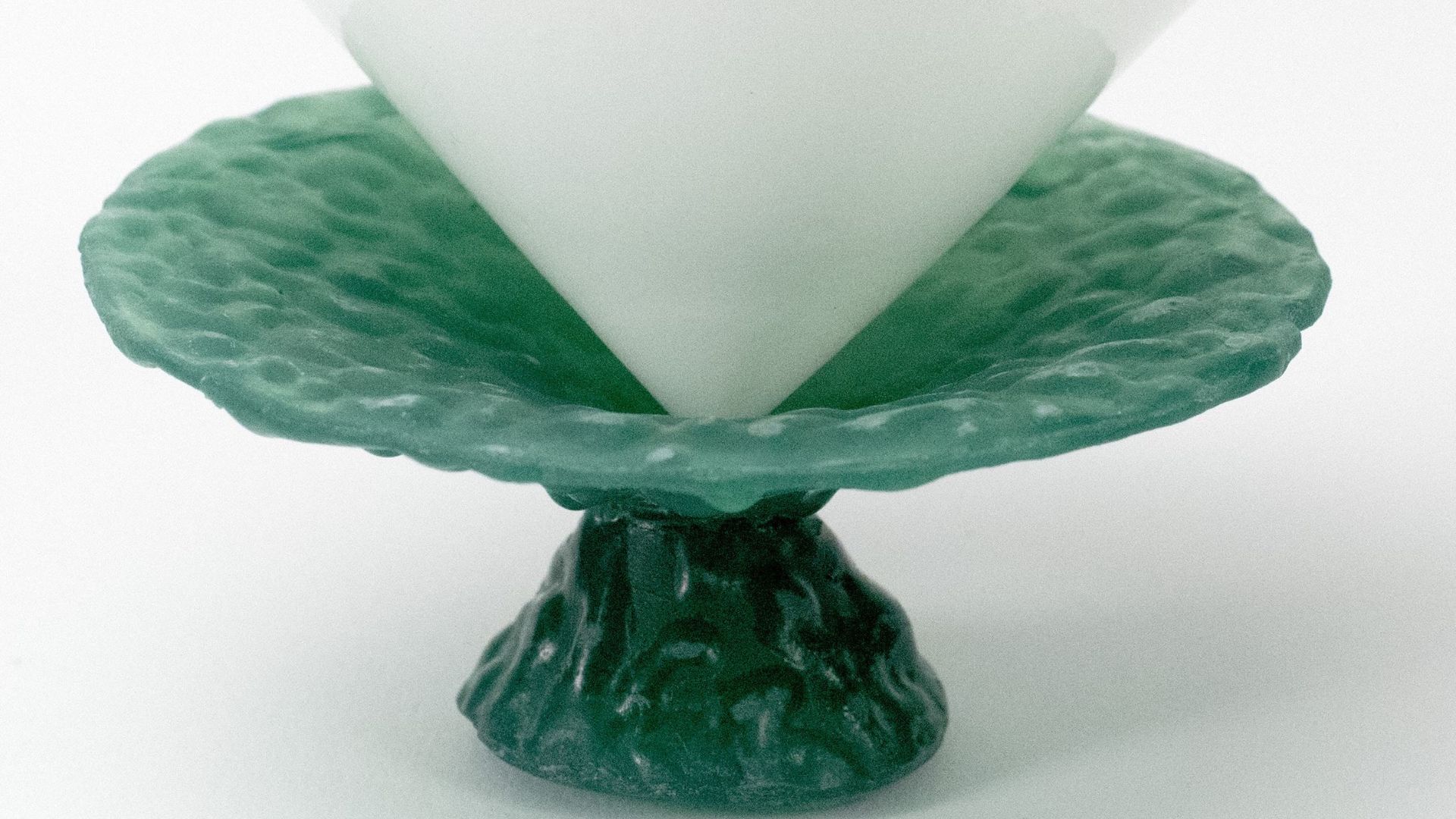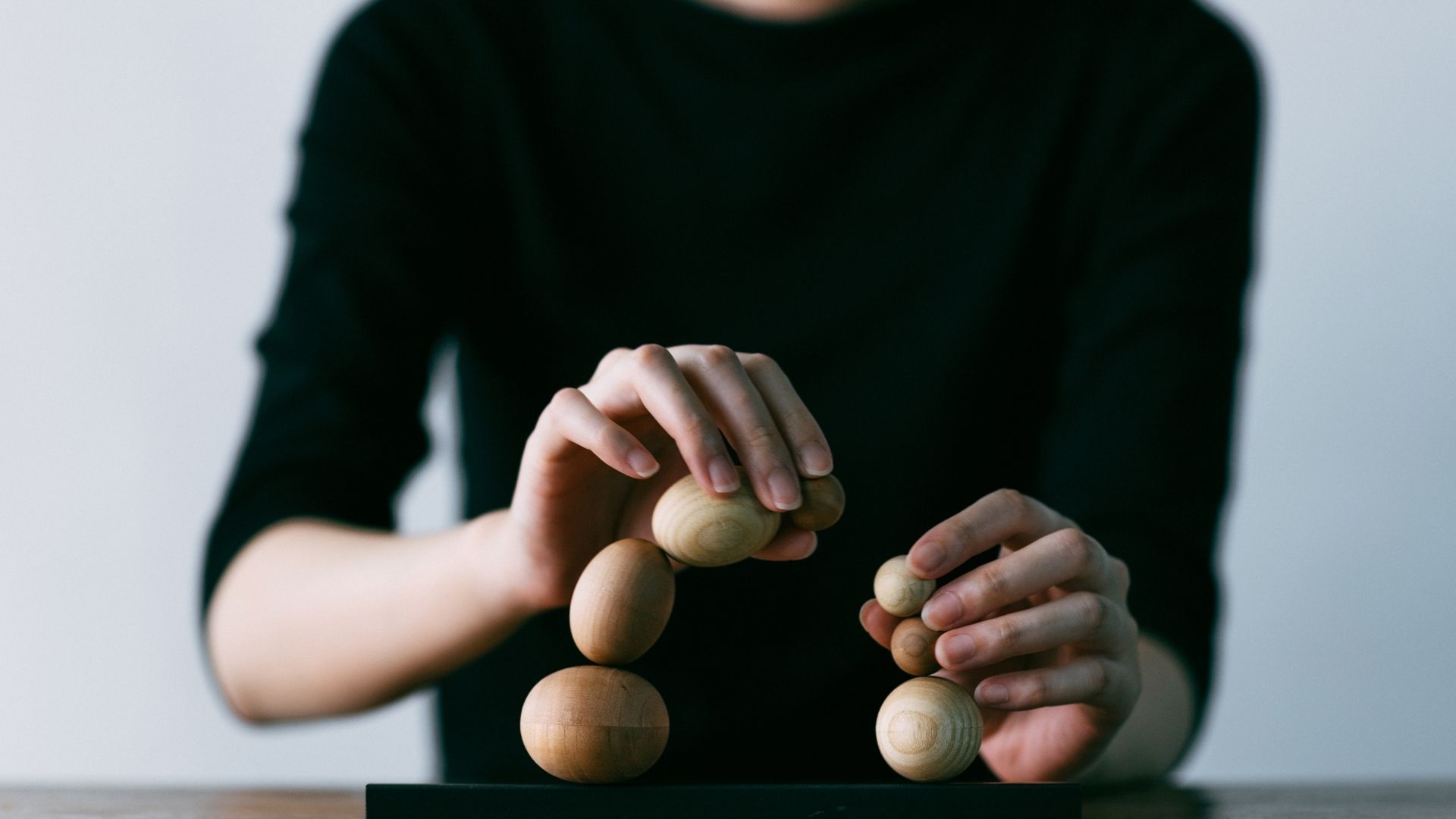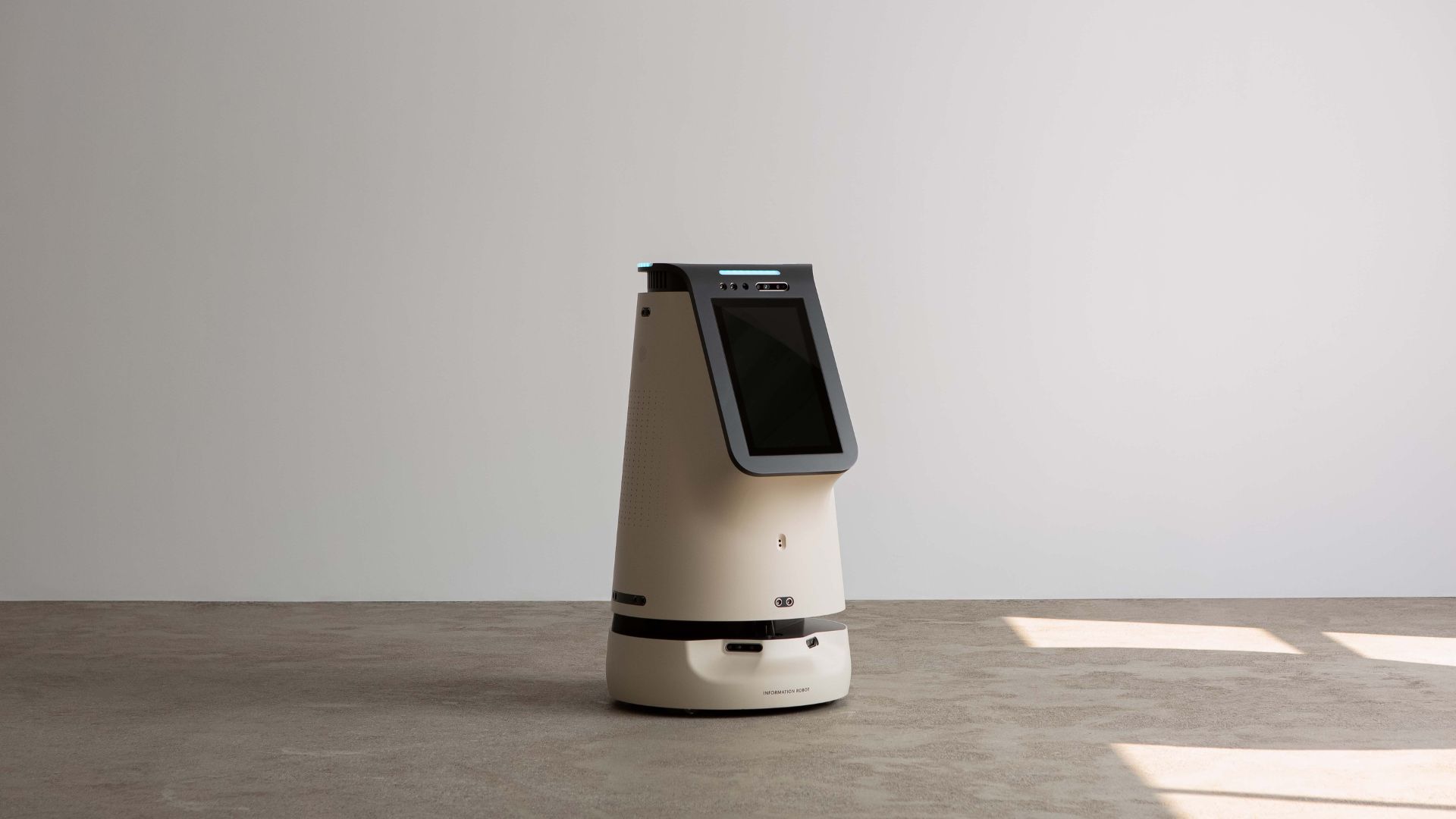Michelle Leung’s emotion-infused cocktail hour essentials
The up-and-coming London-based ceramic designer’s Synaesthetic Dining glassware collection eccentrically elevates the dining experience through singular cocktail styling.

What’s the best way to enjoy a Martini? There’s that lavish looseness you need to feel embraced by. And those wonderfully witty remarks that miraculously make all troubles melt away in an instant. But Michelle Leung has identified an ordinarily overlooked factor at play–a cocktail’s styling. Just as elegant as they are deliciously unexpected, the ceramist’s aptly dubbed Synaesthetic Dining glassware collection comes in five rapturous ranges: Sweet, Salty, Sour, Spicy, and Bitter. By exploring the expressive potential of ceramics as a medium, Leung’s designs trigger a cross-sensory reaction and simultaneously ameliorate and contemporize the act of dining.

Synaesthetic Dining comes at the right time. As we seek ways to spellbind our distracted, half-attentive states–and awaken our intuition–the act of redefining a quotidian object seems more needed than ever before. Despite everlasting practices of mass manufacturing resulting in standardized, highly functional, and durable dining products, witnessing the ascent of inventive, detail-oriented craftsmanship suggests a seismic shift of focus to how the experience of dining can be revamped through its tangible components. Dining is no longer solely about taste as it has transformed into a layered sensory rendezvous.

After obtaining her MA in Ceramics at Staffordshire University in Stoke-on-Trent and her BA in Product Design at the Hong Kong Polytechnic University, Leung chose to home in on tableware design. Her technique nonpareil, the London-based artist imbues whimsy and character into the ordinary through playful concepts grounded in research and experimentation. Synaesthetic Dining stems from extensive interviews conducted by Leung during which participants sampled flavored liquids (with tabasco, sugar water, bitter melon juice, lemon juice, and saltwater) and were asked a series of questions that delved into their sensory impressions.

Leung discovered that sweetness is associated with more rounded and voluminous shapes. In contrast, sourness and spiciness evoke more jagged and spikier structures. Bitterness is linked with flowy, bumpy-textured surfaces, while saltiness is connected to gritty and grainy exteriors. These cross-modal correlations intriguingly illustrate how we tend to visualize contrasting flavors. A fascinating neurological phenomenon, synaesthesia occurs when stimulation in one sensory modality involuntarily activates another modality. In Synaesthetic Dining, each chosen flavor is paired with a particular cocktail as the abstract design of all vessels is in unison with and inspired by Leung’s findings.

Aesthetically, Sour and Bitter play with balance. The Sour Cup meant for indulging in whiskey sour and the Martini Cup devoted to those delightful dry martini cocktails, both designs are made up of calming white, wide bowls in juxtaposition to their avant-garde stems. Sour and Bitter come in shorter and longer ornate stems. While a whiskey sour will feel all the more chilling surrounded by earthy tones, a dry martini encompassed by hues of dark turquoise green and sea blue will render an intoxicating sense of freedom.

Leung’s Highball Cup, conceptualized for memorable Bloody Marys, falls under Spicy and stands out as the most visually daring. Decorated in cinnabar-colored spikes or dotted patterns, the cup allows a strong grip and powerfully conveys the taste, flavor, and mouthfeel of the cocktail it is meant to contain.

Though Salty and Sweet may be of opposing natures, through Leung’s lens, both categories provoke touch. The Coupe Cup is designed for sugary Brandy Alexanders. The Lowball Cup is crafted for sharp barrel-aged soy Old Fashioneds. While the Coupe Cup comes in two bright yellow variants, each one invites you to play and be present. The Lowball Cup is the most minimalist composition of the assortment–with its disrupted white surface evocative of a blank canvas of wonder that will come to life upon interaction.
Through careful selection and application of glazes as well as the integration of complementary materials such as metal and resin, Leung’s unconventional tableware collection encapsulates both the visual and physical perception of taste. The ceramic pieces promote conversation and blur the lines between sight, touch, flavor, and imagination.














